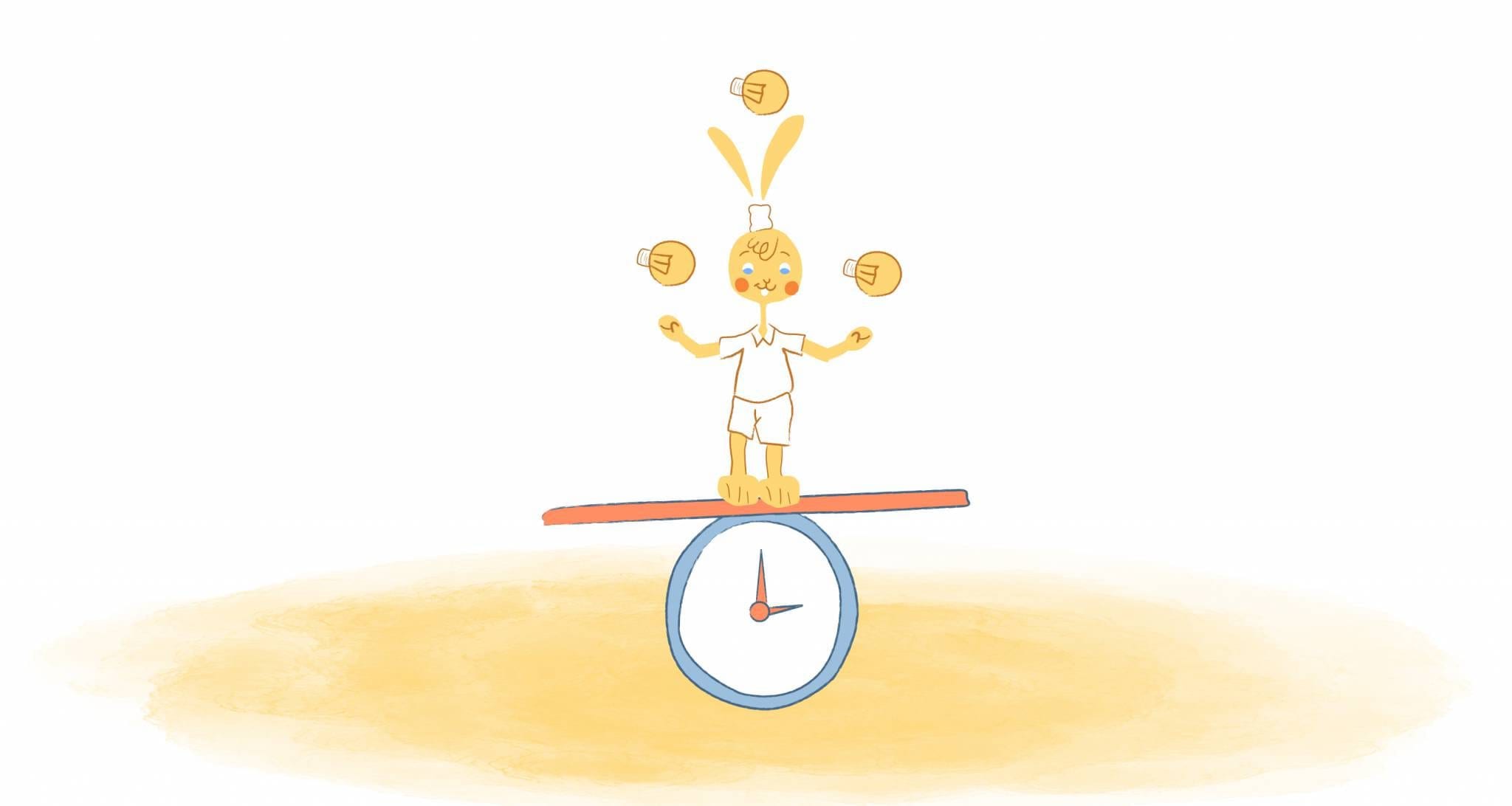

When you interview for a job, it has been the trend for quite some time, to be asked about your biggest weakness. “I’m a perfectionist”: It’s every candidate’s favorite answer to the “Tell us about your biggest weakness” portion of the interview? Why is that uneducated and silly answer so popular? Because most people don’t see perfectionism as a real weakness. The ability to produce error-free work makes perfectionism a desirable — and dangerous — trait in workers.
The Problem With Perfectionism
Using this antiquated mode of interviewing is second-rate — but answering in the prescribed wording is manipulative, and may not be in your best interest. “But believe it or not, perfectionism really might be many professionals’ biggest weakness. Perfectionism can be debilitating to productivity because it results in analysis paralysis: Someone who’s never satisfied with “good enough” work wastes company resources.”
Perfectionism creates cultural challenges, too. Perfectionists often feel anxious in the workplace. They want everything they do to be the best that it can possibly be, which is what makes them great employees. But perfectionists can also be late to meet deadlines and spend too much time on their projects, creating stress for everyone on the team.
What can perfectionists do to embrace “good enough” work? It’s a matter of slowing down, giving yourself some grace, and trusting your team. Here’s how to do it:
1. Stop trying to multitask.
In theory, multitasking seems like good practice for perfectionists. Surely, juggling a few things at once can boost their output and help them focus a little less on any one task.
Unfortunately, that’s not how it works. According to the American Psychological Association, the human brain wasn’t designed for multitasking. Although we can physically put down one piece of paper and pick up another in seconds, mental switching takes much longer. The APA notes that shifting tasks can reduce our productivity by as much as 40%.
If multitasking isn’t an option — how can a perfectionist accomplish more?
Time blocking.
Time blocking involves dividing your day up into 15-minute chunks. Associate each chunk with a specific task, and stick rigidly to the time blocks you create. Using a timer can give you an audible cue of when it’s time to move on to the next task. Try out various types of productivity hacks until you find what works best for you.
Eliminating distractions.
Having too many tasks flying at you at once prevents you from focusing intently on any one of them. Close your email. Don some noise-canceling headphones. Move your desk to a quiet corner of the office. The more you shut out “life-noise,” the better you’ll be able to focus.
Seeking feedback.
If you’re genuinely a perfectionist, it can help simply to hear that others are satisfied with your work. Asking a coworker to take a look at something imperfect but still passable may give you the boost you need to move on.
2. Waste a little time.
Stress kills your creativity. Overtaxing yourself can cause burnout, which will only push your productivity levels lower.
There’s no single solution to dealing with stress. Reduce areas in work life and home life where there are problems. Reducing stress is a process — not a destination. Realize, though, that it’s essential to take time for yourself. You have to be willing to relax and put your task list aside for a few minutes.
Think about what inspires you. Is it killing time on your couch? Watching reruns of The Office? Taking a walk? Harry Potter author J.K. Rowling conceived her idea for the multibillion-dollar book series while sitting on a train.
3. Just move on.
It doesn’t make sense for a perfectionist to also be a procrastinator. “Perfect” projects aren’t submitted at the last minute or completed in a rush. But often, perfectionists can’t seem to move forward with their next task.
Why do those with perfectionist tendencies often put off their work? For some, it’s fear that their ideas aren’t good enough. Others worry that their plans aren’t fleshed out enough to actually get started. Some people just really, really, really, want the work to be “right.” Hey — get past contrary and restrictive thinking with these suggestions from Dr. Adi Jaffe, Ph.D. in Psychology Today.
Positive thinking can’t always fix things in your life — but negativity and procrastination will surely hold you back from your goals.
My personal favorite way to beat procrastination is to promise someone when you’ll begin or complete a task. “Let’s kick off at 9 a.m. tomorrow” is a simple way to force yourself to start that next project.
Remember, you can always change plans later. But if you’re a perfectionist, you’ll push onward once you’ve taken that first step. And if not, try wasting some time or asking someone else’s opinion.
Perfectionists can be productive, amazing team members. But they can also get wrapped up in their own heads, unable to move forward on essential tasks. Help yourself — and help your teammates unwind and turn what is, in fact, a weakness into something that strengthens the whole team.











Deanna Ritchie
Editor-in-Chief at Calendar. Former Editor-in-Chief and writer at Startup Grind. Freelance editor at Entrepreneur.com. Deanna loves to help build startups, and guide them to discover the business value of their online content and social media marketing.